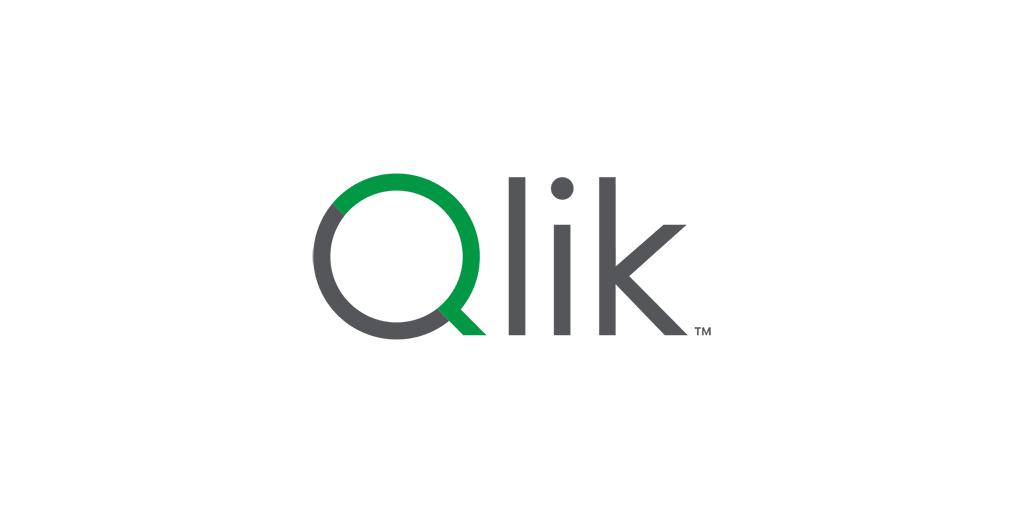Nearly half of companies cite Mexico as their biggest tariff-related challenge, while 54% are stockpiling goods—signaling a shift away from just-in-time supply chains
PHILADELPHIA, March 19, 2025–(BUSINESS WIRE)–Unstable trade policies are accelerating supply chain transformations, with companies making real-time shifts to stay competitive. A new survey of 500 supply chain and procurement professionals by Qlik®, a global leader in data integration, data quality, analytics, and artificial intelligence (AI), reveals that 49% of companies now see Mexico as their biggest tariff-related disruption—more than those citing China (45%). To mitigate risks, 54% are stockpiling goods, moving away from lean supply models in favor of domestic sourcing and trade adjustments.
Businesses are no longer waiting for trade policies to stabilize—they are redesigning supply chains on the fly. The Qlik Tariffs Survey found that 64% of companies began preparing for trade shifts before the 2024 U.S. election, while 36% are now racing to adjust. Industries like automotive, manufacturing, and aerospace are driving change with half of companies sourcing more from domestic suppliers and 43% leveraging free trade zones to reduce tariff exposure. Meanwhile, 75% of executives are highly concerned about the impact of tariffs on their companies and daily operations.
Mexico has overtaken China as the biggest tariff disruptor, forcing supply chain realignments: 49% of companies cite Mexico as their top tariff-related challenge, compared to 45% for China. In automotive, 73% of executives rank Mexico as their biggest concern—nearly double the 38% who cite China.
Companies are abandoning just-in-time supply chains and stockpiling instead: 54% of businesses have increased on-hand inventory of international goods to hedge against tariffs. Stockpiling is highest in aerospace (64%) and large enterprises (57%), reflecting a shift in risk management.
Corporate decision-making is shifting—VPs acted faster than the C-Suite: 72% of VPs & Managing Directors began preparing for tariffs before the 2024 election, compared to 56% of the C-Suite. Meanwhile, 44% of C-Suite leaders waited until after the election, while only 28% of VPs delayed action.
Companies are reshaping sourcing, trade models, and payment strategies to sidestep tariffs: 50% are increasing domestic sourcing, led by 62% in automotive and 55% in manufacturing, while 43% are leveraging free trade zones to reduce tariff exposure. Additionally, 44% are frontloading payments before tariffs take effect, securing pricing amid trade uncertainty.
Companies are adapting quickly, but AI adoption remains low: 79% of businesses have adjusted to tariffs, either by planning ahead (39%) or reacting quickly (36%). Yet fewer than 40% use AI for trade decision-making, and only 34% leverage predictive analytics. AI adoption is particularly low in retail (23%) and healthcare (21%).
Story Continues


